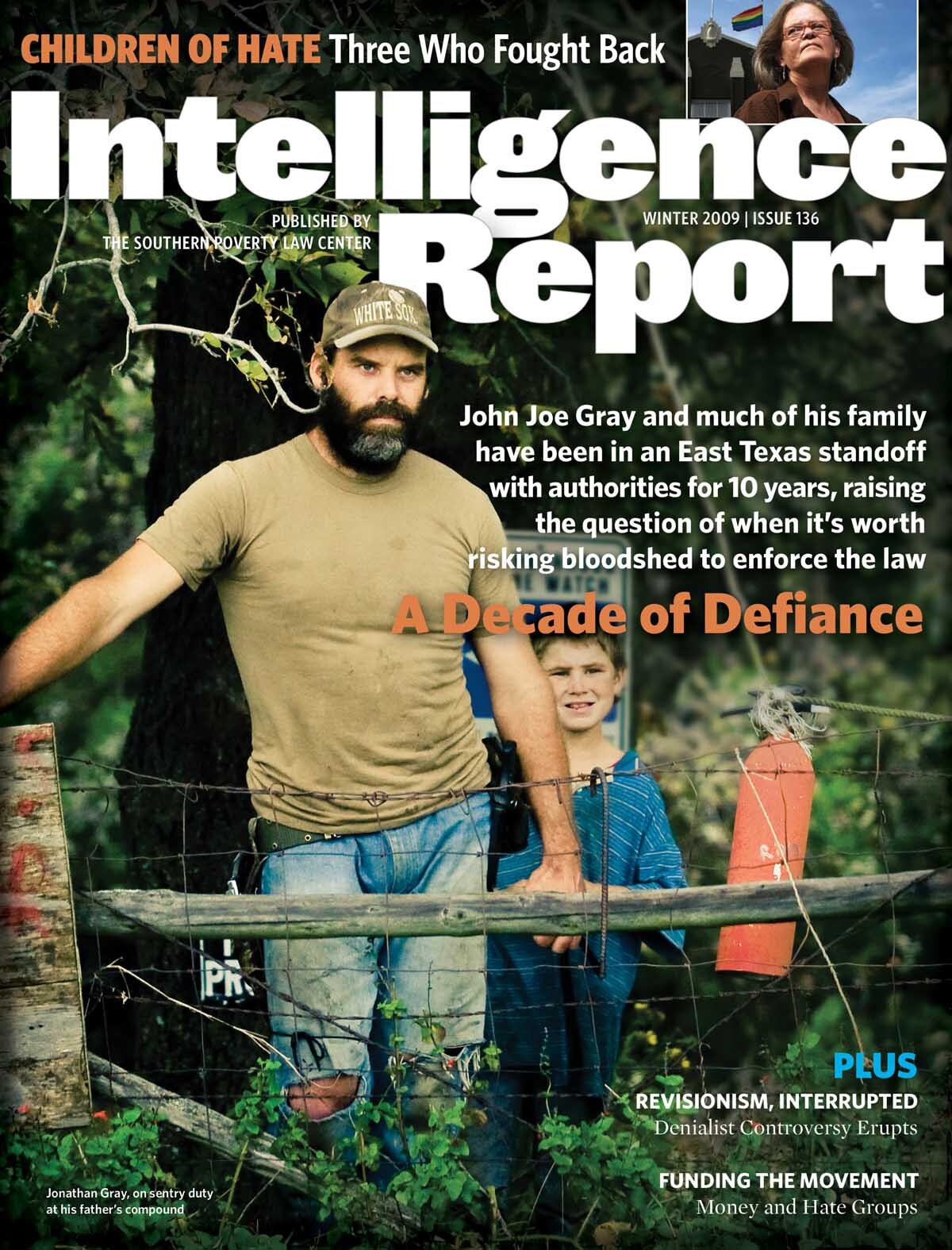In recent months, as the right-wing clamor over health care and President Obama’s leadership seemed to reach new heights, commentators from across the political spectrum increasingly began to warn of the possibility of violence.
In recent months, as the right-wing clamor over health care and President Obama’s leadership seemed to reach new heights, commentators from across the political spectrum increasingly began to warn of the possibility of violence.
House Speaker Nancy Pelosi, a liberal Democrat, recalled the anti-gay rhetoric that led up to the murder of two San Francisco politicians in 1978, saying it had “created a climate in which violence took place.” Thomas Friedman, a centrist New York Times columnist, compared today’s situation to the “poisonous political environment” in Israel that preceded the 1995 assassination of Prime Minister Yitzhak Rabin. And Joe Scarborough, an MSNBC host and former Republican congressman, sharply criticized FOX News’ Glenn Beck for calling Obama a racist and warned that using such language “could have very deadly consequences.”
Former Secret Service agent Ronald Williams, interviewed by a writer at Politico.com, put it like this: “When there are vitriolic comments, acrimonious commentary and anger, the likelihood of violence escalates.”
There has been no shortage of the kind of talk that Williams refers to. Radio commentator Rush Limbaugh, for example, blamed Obama for an incident in which black students attacked white kids, saying it was par for the course “in Obama’s America.” CNN’s Lou Dobbs, joining the outermost fringe, questioned Obama’s citizenship against all the evidence. Newsmax columnist John L. Perry suggested that the president is likely to provoke a military coup. U.S. Rep. Joe Wilson (R-S.C.) notoriously shouted out “You lie!” during a major Obama speech on health care to Congress. And Confederate flags and racist depictions of Obama are now staples of the town hall and “tea party” protests against a public health care option.
In September, Public Policy Polling released the stunning results of a survey designed to measure extremism in the mainstream. Among other things, the poll found that 21% of Americans believe that Obama is the Antichrist or may be. Among Republicans, 34% believe the president is or may be the Antichrist, while 64% of that party’s voters say he is not or may not be an American citizen.
All this has been accompanied by a resurgence of hate groups, antigovernment militias and other “Patriot” groups, and nativist vigilante groups. In addition, there has been a spate of domestic terror from people enraged by Obama’s election.
The last time the political scene seemed this overheated was in 1995, when years of antigovernment rhetoric culminated in the bombing carried out by right-wing antigovernment extremists in Oklahoma City. In the days after the deaths of 168 people there, a USA Today poll found that fully 39% of Americans agreed with the proposition that the federal government had become “so large and powerful that it poses an immediate threat to the rights and freedoms of ordinary citizens.”
Whether or not today’s rage on the right is motivated chiefly by racism, it seems obvious that violent rhetoric leads to violent action. Words have consequences.
“The far right is displaying a pattern of inflammatory rhetoric and astonishingly few leaders … are standing up to it,” said Michael B. Keegan, president of the liberal People for the American Way, as he released a November report on the explosion of far-right-wing rhetoric. “That’s a reckless strategy, and members of both political parties need to stand up and put a stop to it.”



